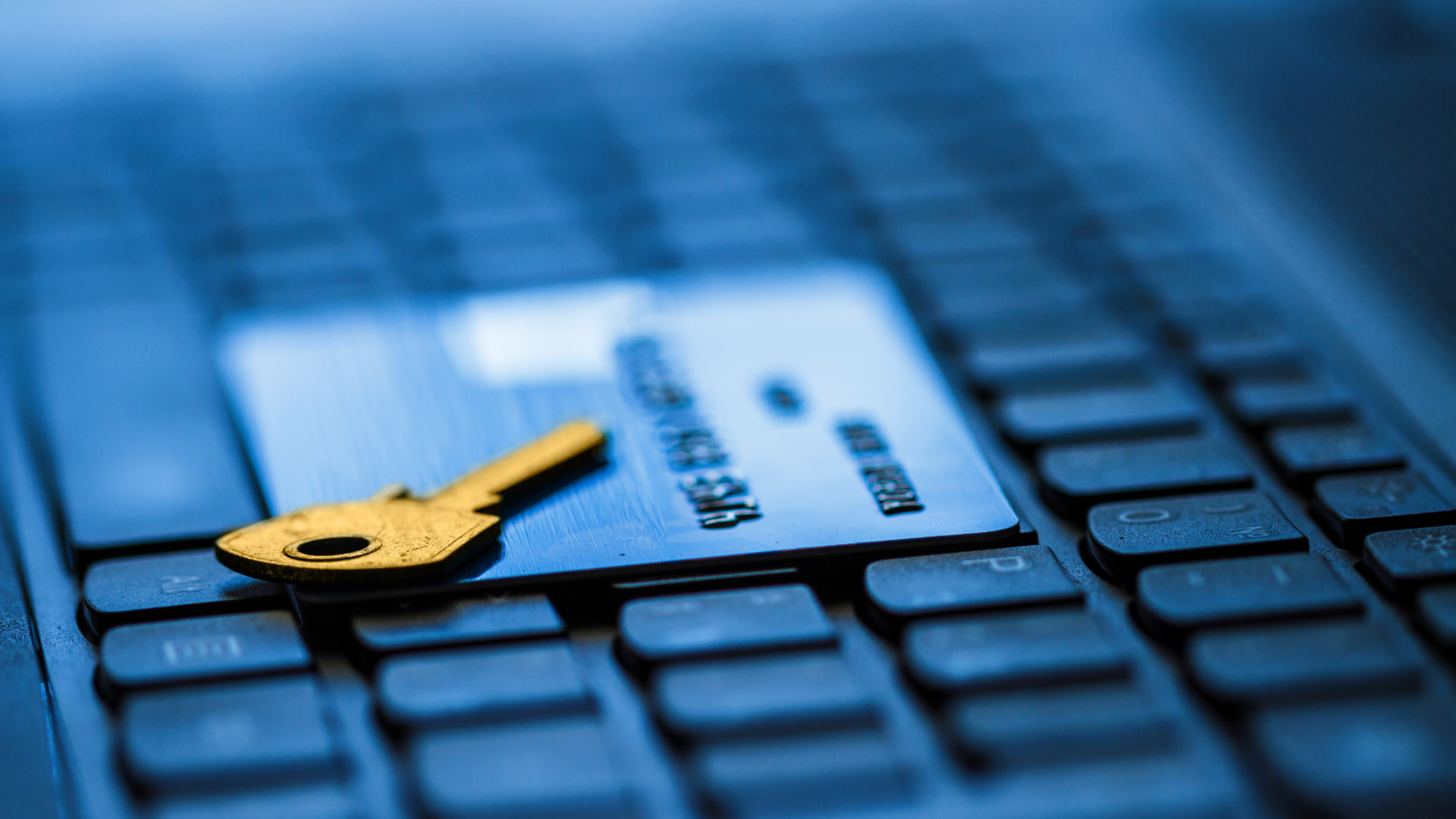In today’s digital age, the way we make payments has undergone a dramatic transformation. In the past, we used to carry cash or write checks to pay for goods and services. However, with the advent of technology, we now have various options to make payments, such as credit cards, mobile payments, and online payments. But with these new payment methods comes the issue of security. Enter the Payment Card Industry Data Security Standard (PCI DSS), a set of security standards established to ensure that all companies that accept, process, store, or transmit credit card information maintain a secure environment. In this blog, we will provide an overview of PCI in payments and why it is essential for businesses to comply.
What is PCI DSS?
The Payment Card Industry Security Standards Council (PCI SSC) created the PCI DSS as a set of security guidelines to safeguard cardholder data. The standards are designed to ensure that all companies that accept, process, store, or transmit credit card information maintain a secure environment. PCI DSS is a set of requirements and best practices that are designed to protect the privacy of cardholders and the security of cardholder data.
Why is PCI DSS important for businesses?
PCI DSS is essential for businesses because it protects the privacy of their customers and the security of their cardholder data. Failure to comply with PCI DSS can result in costly fines and legal penalties, not to mention reputational damage. In addition, non-compliance can lead to data breaches and cyber-attacks, which can be devastating for businesses.
What are the requirements of PCI DSS?
The requirements of PCI DSS are divided into six categories, each with several sub-requirements. Here’s a brief overview of the six categories:
- Create and sustain secure networks and systems.
This category requires companies to establish and maintain a secure network and systems by installing and maintaining firewalls, implementing strong access controls, and regularly monitoring and testing their networks.
- Protect cardholder data
This category requires companies to protect cardholder data by encrypting it during transmission and storage, and by ensuring that only authorized personnel have access to it.
- Maintain a vulnerability management program
This category requires companies to maintain a vulnerability management program by regularly scanning for and addressing security vulnerabilities in their networks and systems.
- Implement strong access control measures
This category requires companies to implement strong access control measures by assigning unique IDs to each person with computer access and limiting access to cardholder data.
- Regularly monitor and test networks
This category requires companies to regularly monitor and test their networks to ensure that their security measures are working effectively.
- Maintain an information security policy
This category requires companies to maintain an information security policy that outlines their security measures and procedures, and that is regularly reviewed and updated.
How can businesses achieve PCI DSS compliance?
PCI DSS compliance can be achieved by following the requirements and best practices outlined by the PCI SSC. This can be done by implementing appropriate security measures and practices, such as installing firewalls, encrypting cardholder data, and regularly monitoring and testing networks.
In addition, companies that accept credit card payments must undergo regular assessments to ensure that they are in compliance with PCI DSS. These assessments can be conducted internally or by third-party vendors, and they must be completed by a Qualified Security Assessor (QSA) or an Internal Security Assessor (ISA).
Conclusion
PCI DSS is a critical aspect of the payments industry. It is essential for businesses to comply with the standard to protect the privacy of their customers and the security of their cardholder data. Compliance with PCI DSS requires companies to implement appropriate security measures and practices, and to undergo regular assessments to ensure that they are in compliance. By adhering to PCI DSS, businesses can ensure that they are providing a secure environment
You can also contact info@swivelusa.com and our industry-leading professionals help you discover how PCI DSS can benefit your business today.

